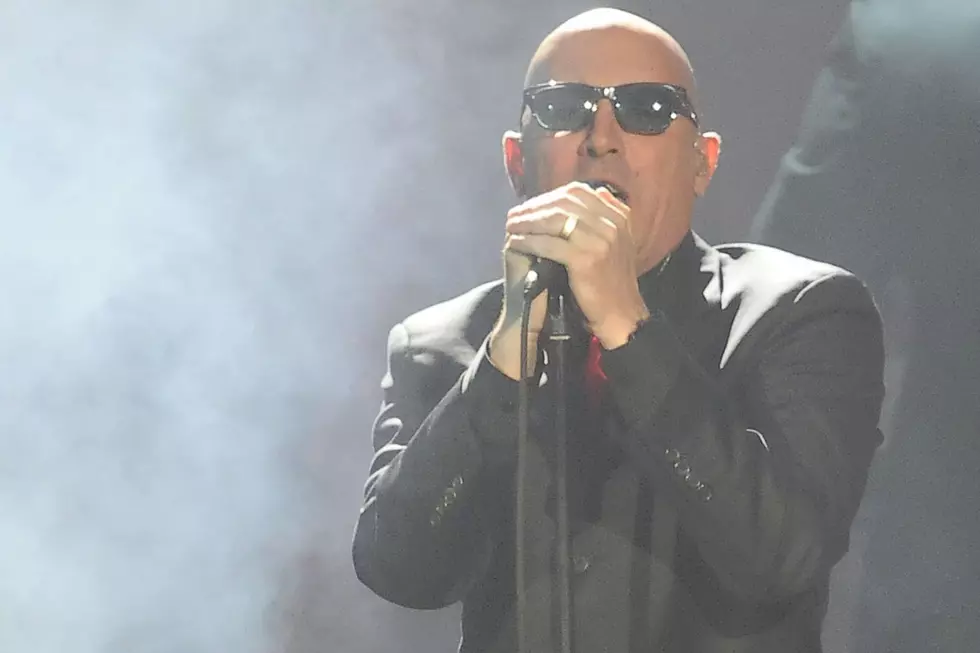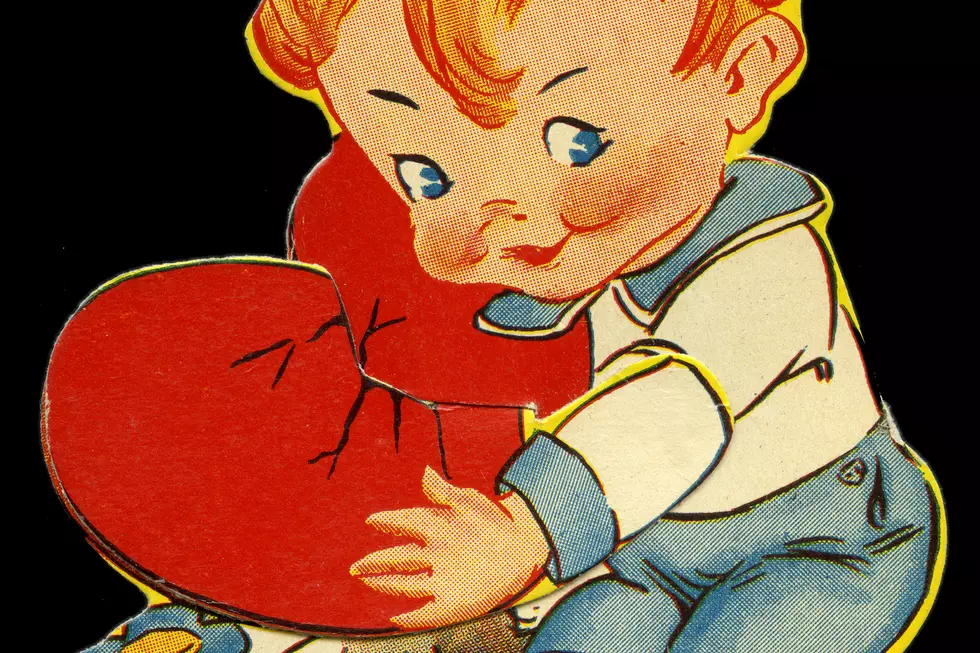
NYC Rapper and Producer Dash Speaks Talks Das Racist Collabo, Drake Remix + More
It's one thing to move to the Big Apple to live out your dreams, but it's another to be a native New Yorker and make it in your hometown. That's what rapper, producer, DJ and all-around music man Dash Speaks has done.
Inspired by a plethora of artists ranging from Bob Dylan and Portishead to Outkast and James Brown, Dash has worked in the studio with the likes of Moguai, Danny Brown and Das Racist and shared the stage with Lupe Fiasco, Kid Cudi and Talib Kweli. He also holds down DJ gigs at NYC's 675 Bar, Blind Barber and Ella Lounge and finds time to release music of his own. His latest EP, 'The Importance of Getting Up,' dropped in April.
Always working on something new, Dash Speaks recently took time out to speak with Diffuser.fm about his path to success, political aspirations and latest EP. He also revealed how he wound up remixing Drake and working with Das Racist on the track that put him on the map.
How did you get started in music?
I grew up in a musical family, and I had three older siblings. So by the time I was 9 or 10, they were pushing music that most 9- or 10-year-olds don’t usually listen to, like Bob Dylan, James Brown, Tricky and Massive Attack. My dad was a musician. He was an opera singer when he was younger and worked in music for a long time. So I think those things started me off.
I started playing guitar when I was a kid and wrote songs, like simple ones, when I was 9. So that kind of got me going. By the time I was 14, I started to work on rap. Then around the time I was a senior in high school, I really decided this was what I wanted to do. I focused on rap, but it’s hard and competitive. So while I was doing that, I learned the ropes of some other things. I spent a lot of time working with other producers and learning how to produce myself. I spent a lot of time promoting my own shows. And in the last five years or so, production is more in the forefront of what I do and my identity and my livelihood.
You mentioned growing up in a musical family. Did you feel any pressure following suit?
When I was a little kid, I wanted to play basketball professionally. But by the time I was 13 or 14, I knew that wasn't going to happen. It's funny that my plan B was to be a musician, which is not realistic either. So you know, that was the first dream. Then I went to City College [in New York] and studied international relations, actually. So part of me of always thought if the music doesn't work out, I could always do something in international politics. I've always loved geography. But by the time I graduated from college, I was doing well enough as a DJ that I didn't have to explore any other options.
You have remixed a number of hit songs like Drake's ‘Started From the Bottom.' How do you go about choosing what songs to remix?
The Drake one is an anomaly for me. Usually, I don't work on songs that are super current or were popular when I put [the remix] out. But that one happened by mistake. Somebody hired me to make a remix for them, and they didn't like the end result. But I already finished this remix. So I took her vocals out and looked for a song in the same key and found that Drake's song fit and thought it was cool. That was just a case where I had a remix, and that was a song that matched. But generally speaking, that's what I do. I hear a song and hear something about that makes me want to remix it. It's kind of the same thing for me with music in general. There's a need to do this. So if I hear a song that I'm super inspired by or hear a part and want to work with it or sample it just because the way it sounds really resonates with me.
You released ‘The Importance of Getting Up’ in the spring. What were trying to achieve with this EP?
I actually made EP in a matter of a couple of weeks in January, and at the time I made it, it was cold and dark. I kind of just wanted to make something that reflected, I guess. Then it was delayed, with personnel and whatnot, so it got pushed back a bit. So it was supposed to come out in the winter and be a thematically winter album just about the conjuring feelings of dark and cold and winter. But the original title of the EP was 'The Importance of Staying Warm.' But when I knew that the release date was going to get pushed back 'till the spring, I decided to change the name. The way people describe it as dark and smokey, but it's a good description of it. It's just more of an aesthetic, and sometimes, you just have an idea and you roll with it and could be good enough to put out there.
How do you approach the work on your own music versus working with another artist?
That's an interesting question. I think it's kind of similar. A lot of what I'm doing is the same when I'm a producer and when I'm doing my own music. It's just ideas of how to make it different when I record and how to twist things so it doesn't sound like typical rap music, and how to combine genres. If you're collaborating with people who are really into collaboration, it's great. It's a thing where you want your sound coming through in the album. I guess when it's all my own original stuff, it's a little bit more personal. So when you listen to my last rap album, 'Night On Earth,' you'll that it's probably, at some points, I sacrifice listenability for personal preferences.
You’ve worked with so many big names in the business. Can you talk about one of your most memorable collaborations with an artist?
The first collaboration I did was with this guy called Moguai, who was on the mou5trap label, Deadmau5's label. That was the first really big collaboration I did, and I was 24 and in Germany. And I laid down a few verses for this song. Then I laid down a few verses for my own EP with the sound engineer, and he was like, "This is really, really cool." The song was talking about partying in various clubs in Europe, which is stuff I would never talk about now, but it kind of made sense at the time. So I was in Germany, and this engineer heard it, and he got really excited. He said, "You know what? This could be really good on Moguai's album." And I thought it was cool and passed it along to him and sent him a raw demo. Then about a year later, they sent me this fully produced and very big electronic song, a house track with a few verses on it. The production was warring and all over the place. It was a big step for me.
Probably the biggest tracks I've done are the ones I've done with Das Racist. Well, those are my homies, so I'm very comfortable with them. I was never overwhelmed working with them because they're my boys and whatnot. But both the tracks I did with them came together in a cool way, and I'm proud to have worked with them. And the first track that established me I did with them called 'Return to Innocence.' That was probably the biggest record I've done thus far. I was getting a lot of feedback on the Internet, and I was like, "Wow, if they like it, I must be doing something right."
More From Diffuser.fm









